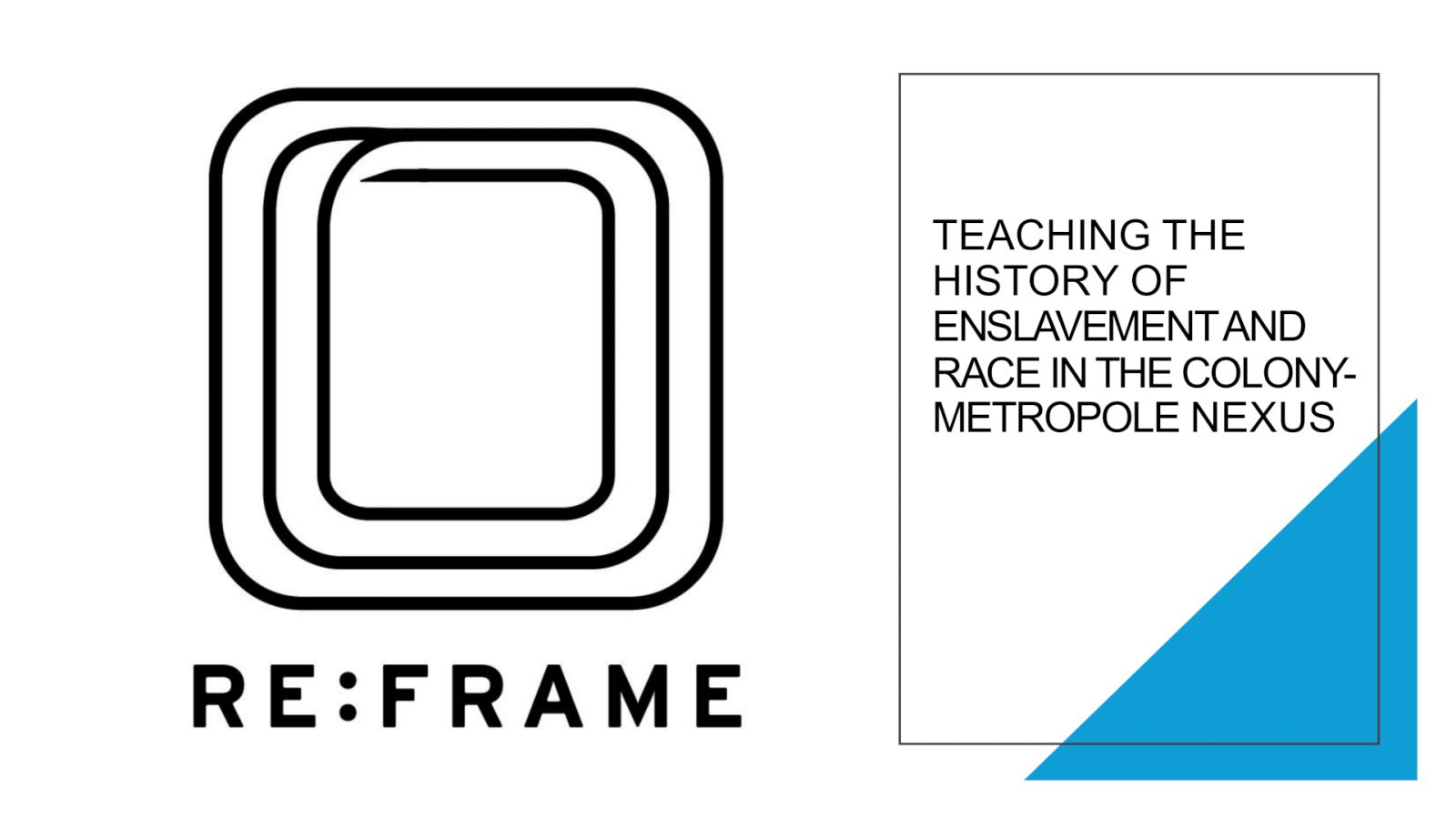Teaching the History of Enslavement and Race in the Colony-Metropole Nexus

Presentation
Following the global protests against racism that took place in 2020, the relevance of teaching about colonial history and its racial legacy has been increasingly recognized by leading international political organizations. This research project addresses the most recent trends in the field of historical education, studying the teaching of the history of enslavement in contexts that highlight relevant (post-)colonial connections, where race continues to mediate social relations and national imaginaries.
The research timely offers the following original contributions:
- an analysis of the impact of recent political and institutional discourse in different world regions (Europe and Africa) around the relevance of teaching about colonial history in the official frameworks, recommendations and initiatives in historical education;
- an empirical study of school history, focusing on current curriculum guidelines, school textbooks and pedagogical practices relating to teaching the history of enslavement and race in Portugal and Cape Verde;
- an interdisciplinary dialogue between public and school history in different contexts (Lisbon and Lagos, Praia and Ribeira Grande), seeking to identify controversial issues, innovative strategies, and educational resources in non-formal learning settings.
The qualitative research will involve about 80 participants (including policymakers, teachers, history associations, professional historians, and local associations).
This research project is coordinated by Marta Araújo (Centre for Social Studies, University of Coimbra) and is co-coordinated by Francisco Osvaldino Monteiro (Faculty of Education and Sports, University of Cape Verde).
Partnership
Faculty of Education and Sports, University of Cape Verde
Funding
Spencer Foundation (USA), Ref. 202400090
Racial Equity Research Grants
Duration: 36 months, 01.04.2024 – 31.03.2027

